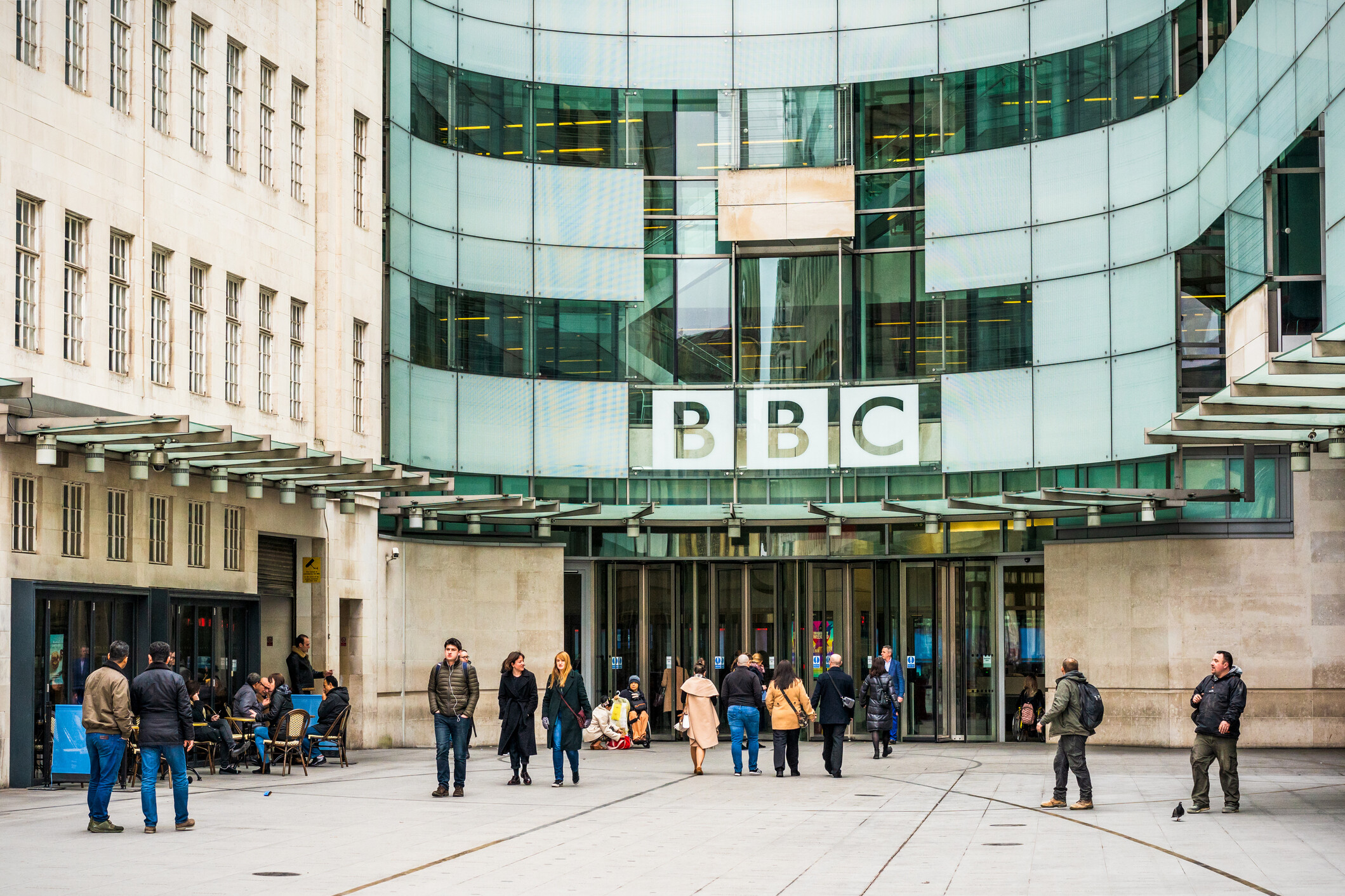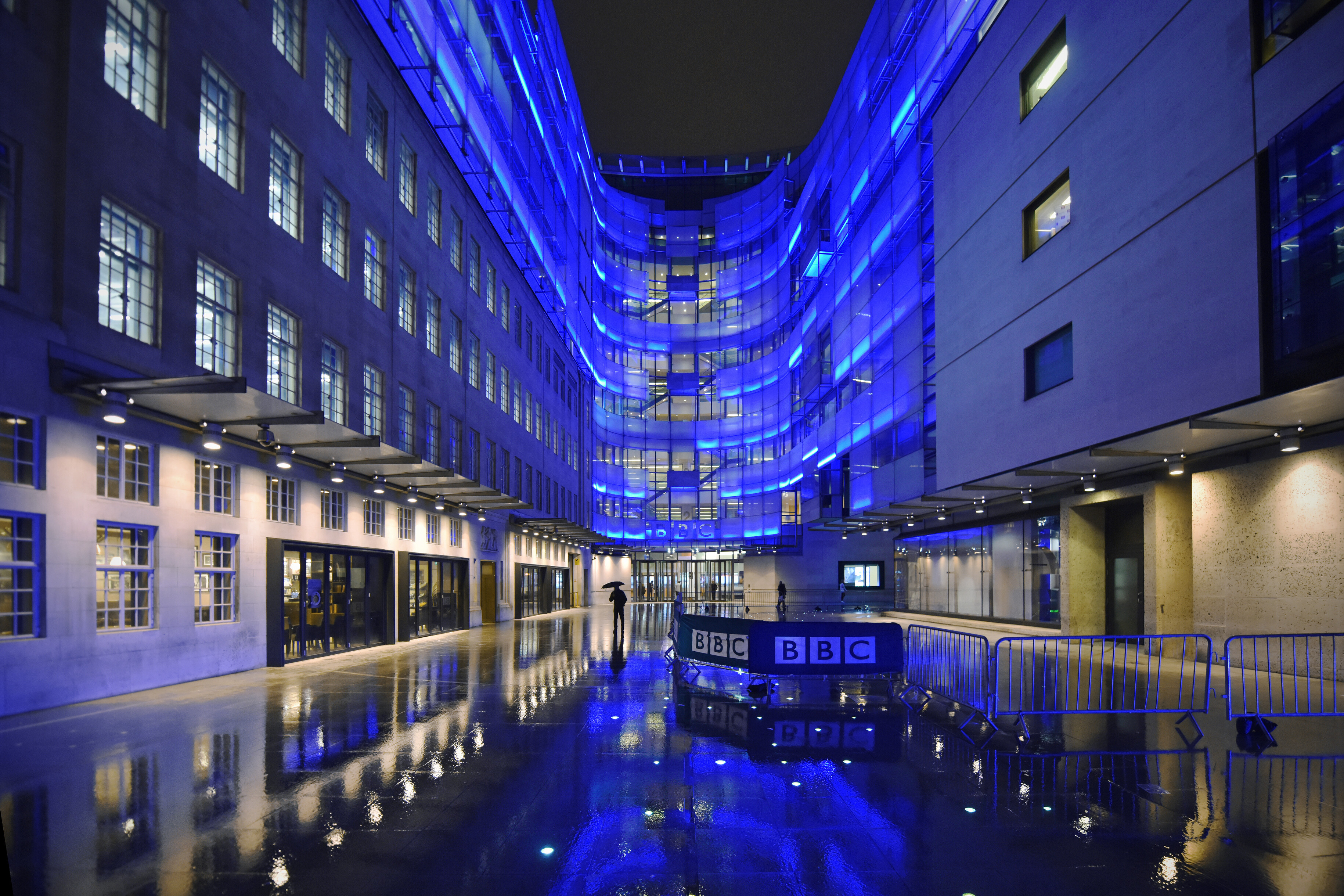On Thursday, the BBC published a report from an independent investigation that reveals the misconduct of reporter Martin Bashir and the BBC’s lack of transparency surrounding the Panorama interview with Princess Diana.
The investigation, conducted by former Supreme Court Justice Lord Dyson, involved a thorough examination of records, documents and interviews. It found that 25 years ago reporter Martin Bashir had fabricated documents including bank statements and, by deception, gained the trust of Diana’s brother, Charles Spencer, in order to secure an interview with the Princess for its investigative documentary series ‘Panorama’. The interview made international headlines and was watched by more than 20 million people in the UK. It went on to receive numerous awards.
BBC “fell short of high standards of integrity and transparency” over Martin Bashir’s interview with Diana, Princess of Wales, inquiry sayshttps://t.co/lzN4yNZKR8
— BBC Breaking News (@BBCBreaking) May 20, 2021
The 127 page document, which condemns the initial investigation in 1996 led by the BBC into the circumstances of the interview as “flawed and woefully ineffective”, concluded that: “Without justification, the BBC fell short of the high standards of integrity and transparency which are its hallmark by covering up in its press logs such facts as it had been able to establish about how Mr Bashir secured the interview” and that it had failed “to mention Mr Bashir’s activities or the BBC investigations of them on any news programme…”
Director-General Tim Davie thanked Lord Dyson for his investigation and stated that “The BBC accepts Lord Dyson’s findings in full.”
“While today’s BBC has significantly better processes and procedures, those that existed at the time should have prevented the interview being secured in this way. The BBC should have made greater effort to get to the bottom of what happened at the time and been more transparent about what it knew… While the BBC cannot turn back the clock after a quarter of a century, we can make a full and unconditional apology. The BBC offers that today,” Davie said.
He also added, “If you’re an organisation that cares about truthful, honest journalism and proper practice, I think it’s a very difficult read.”
“The BBC should have made greater effort to get to the bottom of what happened at the time and been more transparent about what it knew…” – Tim Davie, BBC Director-General
The BBC’s Media Editor Amol Rajan wrote that among its moral, professional, and editorial failures, the broadcaster “conspired, on [a] vast scale, to deceive the public it is funded by and serves.”
BBC Chairman Richard Sharp also accepted the findings from the report and said, “There were unacceptable failures. We take no comfort from the fact that these are historic. The BBC must uphold the highest possible standards.”
Read more: Martin Bashir: The princess, the reporter and the BBC
Header Image: BBC Broadcasting House in central London. Headquarters and offices of the British Broadcasting Corporation. Night time floodlit offices reflected in the rain – photographed from the public highway. Credit: oversnap/iStock
Related Posts
12th February 2021
BBC News announces restructure of its board
The BBC News Board will be restructured…
25th October 2019
Focus on PSM | The challenges facing the BBC
Concerns over transparency, relevance,…

